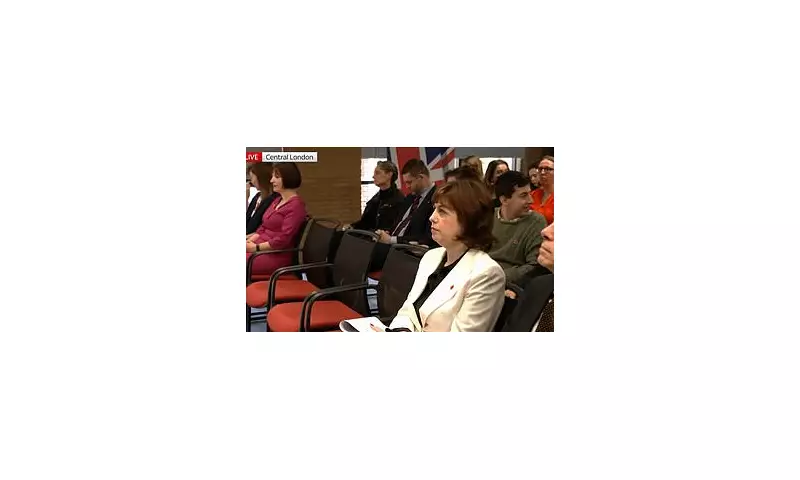
Labour's leadership is facing mounting internal panic as Reform UK's surging popularity threatens to derail Keir Starmer's path to Downing Street, according to explosive revelations from deputy leader Lucy Powell.
In a startling admission that exposes deep-seated anxiety within Labour's high command, Powell confessed the party is "very worried" about Reform's ability to split the anti-Conservative vote and potentially hand marginal seats back to the Tories.
The Reform Factor: Labour's Worst Nightmare
Internal Labour polling and focus group data are reportedly showing alarming trends, with Reform UK capturing significant support from disaffected Conservative voters who might otherwise have switched to Labour. This development poses an existential threat to Starmer's electoral strategy, which relies heavily on converting traditional Tory supporters.
Lucy Powell's candid comments reveal a party genuinely rattled by Nigel Farage's political movement, which has rebranded from the Brexit Party to position itself as the true voice of conservative values in British politics.
Strategic Dilemma for Starmer
The Labour leadership now faces an impossible strategic choice:
- Move further to the centre to appeal to moderate Conservatives
- Shift left to reclaim voters tempted by Reform's populist message
- Maintain current positioning and hope Reform's influence fades
Each option carries significant risks that could undermine Labour's carefully constructed electoral coalition.
Historical Echoes of Political Upheaval
This situation bears uncomfortable similarities to previous political earthquakes where insurgent parties reshaped the British political landscape. The Reform threat evokes memories of the UKIP phenomenon that ultimately forced David Cameron's hand on the Brexit referendum.
Richard Tice's party is positioning itself as the natural home for voters disillusioned with both main parties, particularly on issues like immigration, net zero policies, and economic direction.
The Numbers Game
Electoral calculus suggests that even modest Reform support in key constituencies could be enough to:
- Deny Labour crucial marginal seats
- Allow Conservative candidates to win with reduced vote shares
- Create parliamentary deadlock in a hung parliament scenario
This mathematical reality is what keeps Labour strategists awake at night as they map various election outcomes.
Broader Implications for British Politics
The Reform surge represents more than just an electoral headache for Labour—it signals a fundamental realignment of British politics. The traditional two-party system appears increasingly fragile as voters seek alternatives beyond the Conservative-Labour duopoly.
Lucy Powell's public admission of concern suggests Labour recognises this shift represents a structural challenge rather than a temporary protest movement.
As the next general election approaches, all eyes will be on whether Labour can develop an effective counter-strategy to neutralise the Reform threat, or whether British politics is entering a new era of multi-party competition that could reshape governance for years to come.





